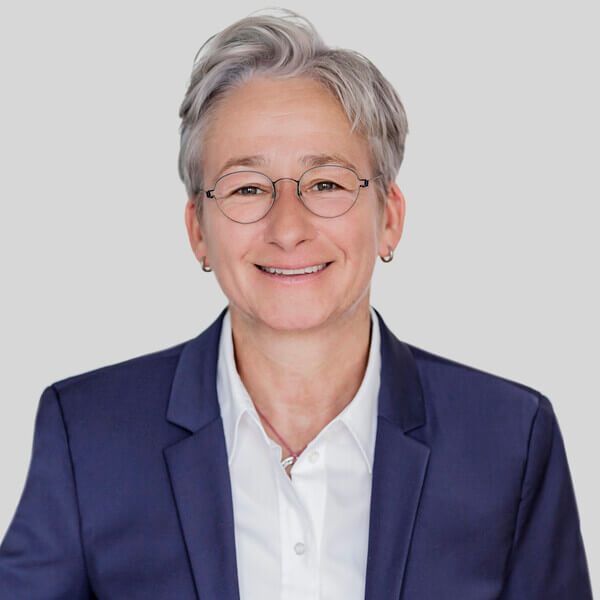Berlin, 30 May 2023. (Berlin, 30 May 2023) Construction work on the floating LNG terminal (Floating Storage and Regasification Unit – FSRU) in Stade can begin immediately. Last Friday, the licensing authority issued the project developer, Hanseatic Energy Hub GmbH, approval for early commencement of the construction work. Redeker Sellner Dahs advised Hanseatic Energy Hub GmbH in the proceedings.
The early commencement of construction work for the fixed LNG terminal which is also planned for the Stade industrial park was approved as far back as in January 2023. Thus another important challenge along the path towards the objective of safeguarding Germany's gas supply has been surmounted.
FSRU Stade is one of five special ships that has been chartered by the German government to re‑gasify the liquefied natural gas (LNG) transported to the port of Stade/Bützfleth in a tanker to be fed into the German gas supply network. FSRU Stade has an annual regasification capacity of up to 7.5 bcm. These urgently needed gas capacities are to be made available as early as the next heating season, in the winter of 2023/2024, to ensure Germany's gas supply.
In order for the FSRU to be able to enter the port and ramp up operations in December 2023 as planned, the infrastructure required must be approved and built ahead of time, which is to say while the immission control approval procedure is still ongoing. The approval for the early commencement that has now been issued in particular involves the construction of a high‑pressure pipeline system connecting the jetty to a gas pressure‑regulating station where the natural gas is transferred to the gas supply network.
At the beginning of 2027, the FSRU is to be replaced by the LNG terminal on the mainland. It is being planned in a way so as to allow its flexible use in the future and its immission control approval procedure is being carried out coterminously. The onshore terminal is planned to have a regasification capacity of 13.3 bcm/a and a feed‑out capacity of 21.7 GW. Planning and implementation are ammonia‑ready in order to support the market ramp‑up of hydrogen. In order to convert the liquefied gas back into its gaseous state free of emissions, the land‑based floating terminals are to use industrial waste heat from directly neighbouring Dow plants. In addition to Dow, the shareholders of the Hanseatic Energy Hub GmbH include the Buss Group, Fluxys and the Partners Group (acting on behalf of their customers).
Redeker lawyers Prof Dr Olaf Reidt, Dr Thomas Stickler, Dr Julian Augustin and Dr Alexandra Kürschner are advising Hanseatic Energy Hub, in particular in connection with immission control and water law approval procedures as well as on contractual arrangements in connection with compensation requirements in the area of nature conservation law.
